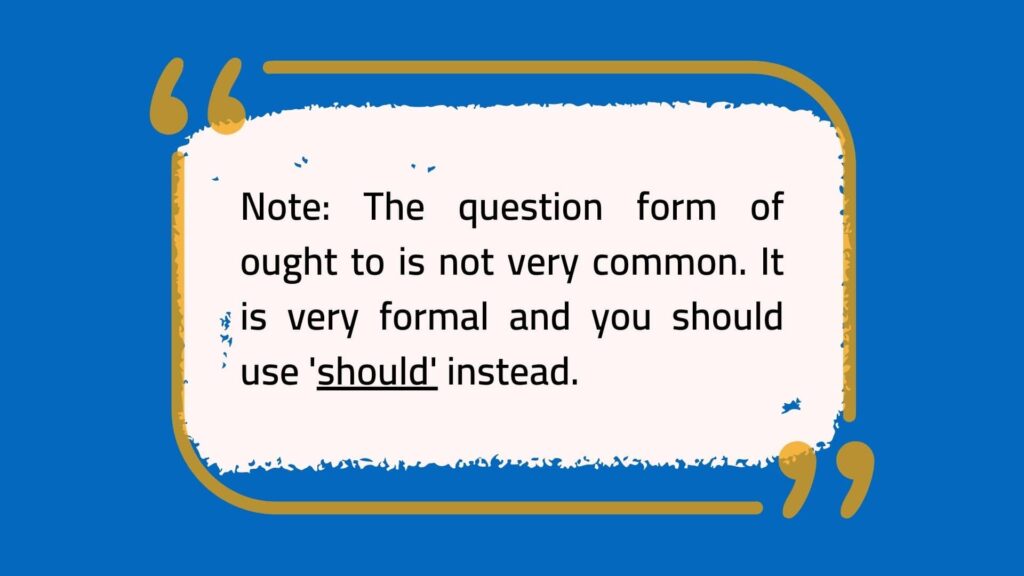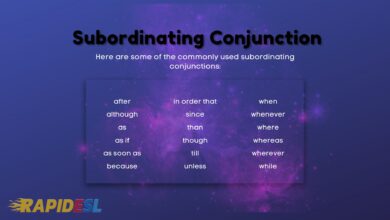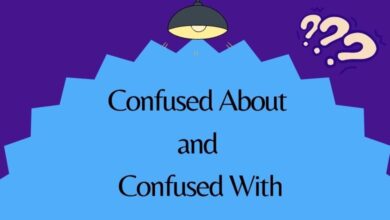
English GrammarModal Verbs
Ought to: Definition, Meaning & How to Use It?
Ought to: Meaning, Definition and How to Use it (with Examples)
Ought to Definition
Ought to is an auxiliary verb that functions as a modal verb and, sometimes, as a main verb. That is why it is sometimes referred to as a semi-modal verb. The verb “ought to” is used to suggest or advise. It also conveys significant possibility, assumption, or anticipation.

Ought To Example Sentences:
- Marry ought to get the promotion. This is expected because she deserves it.
- Our car ought to increase in value. Possibility.
- The children ought not watch TV so much. Advice & negative recommendation.
- You ought to stop smoking. Recommendation.
- You ought to speak to your manager. Advice.
- They ought to give you your book back. Recommendation.
Ought to: 4 Key Points to Remember when using ‘Ought To’
- When “ought to“ comes after different pronouns, such as I, you, he, we, or they, it retains its original form. In other words, it doesn’t change like the verb “be” with “He, she or it”.
- Ought to cannot be used with another modal verb. For example, you can’t say: food prices ought to must be cheaper.
- The infinitive form, the basic form, of the main verb is always used after ought to.
- And similar to most modals, ought to can’t be changed into the past or the future. You can still make a past form of ought to with ought to have + V3. For example:
- I ought to have visited my teacher when he was sick.
- We ought to have finished our studies before we left home.
- You ought to have told me before.
Ought to: Form & Structure
| Time Reference | Positive Form | Negative Form |
| Ought to comes after the subject and before another verb | The negative is formed by adding ‘not’ after ought, which becomes ‘ought not to’. The short form is oughtn’t to. | |
| Past | We ought to have arrived there by midday. | The children ought not have eaten a lot of sugar during the party. |
| Present | We ought to have received the delivery by now. | Silvia ought not smoke cigarettes. |
| Future | We ought to receive the computer tomorrow morning. | The students ought not waste a lot of time playing; they have the exam next month. |
Using “Ought To” In Questions
The subject and “ought to” change position to form questions. But you never use do, does, did:
- Ought she to bring her shoes? Not: Does she ought to bring her shoes?
- Ought we to be more engaged in politics? Not: Do we ought to be more engaged in politics?

Note: The question form of ought to is not very common. It is very formal and you should use should instead.
When to use (Ought to):
Use Ought to is used to talk about something that is desired or ideal:
- They ought to have more seats in their restaurant.
- We ought to study English vocabulary every day.
- You use ought to have + –ed form of the main verb to talk about things that were desired or ideal in the past but which didn’t happen. It carries the meaning of regret:
- We ought to have bought the company. We would have made a lot of profits. (The ideal or desired thing was that we bought the company, but we didn’t.)
Use ought to to talk about what is likely
- We can use ought to when we talk about what is likely or probable:
- The trip ought to take about three hours by car. We will be there by midnight.
- Their house value ought to increase in value after ten years.
This is all about the ‘ought to’ and how to use it. Why not read about ought to vs should? You can also check the following articles:
Phrasal Verbs Beginning with A
7 Tips About Ought to vs should | Difference between Ought To & Should




